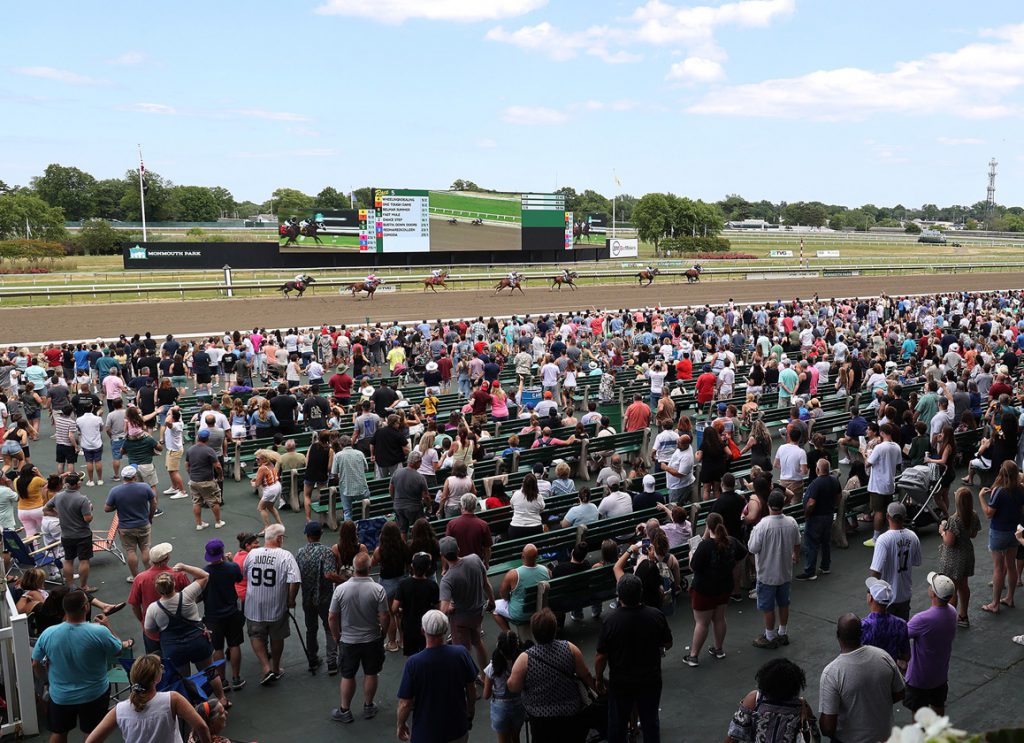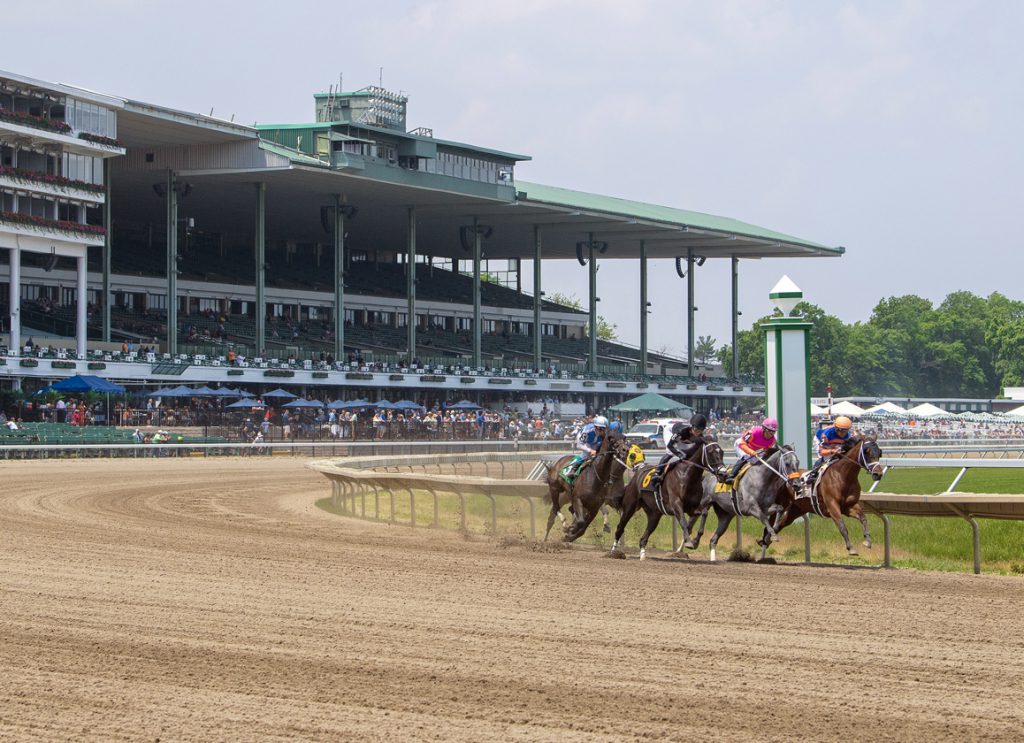The Horseracing Integrity and Safety Authority and Oaklawn Park have launched a new pilot program under which a designated area will be available for veterinarians to administer any intra-articular corticosteroid injections at the racetrack during the track's 2023-2024 race season beginning Friday, Dec. 8, HISA said in a press release Wednesday.
As HISA laid out in its Strategic Response to recent equine fatalities, many stakeholders, including a significant number of individuals calling into HIWU's confidential tip line, have questioned whether Covered Persons are properly and accurately reporting intra-articular corticosteroid injections.
In order to address this issue and ensure injections are administered in compliance with HISA's Anti-Doping and Medication Control regulations, HISA proposed two possible solutions: (1) a designated area at the racetrack for all intra-articular injections to be administered; or (2) the requirement of a short video of the veterinarian performing the intra-articular injection to be uploaded with the injection report.
Oaklawn has volunteered to test the first of these potential solutions. Under this pilot program, Oaklawn will offer a designated private location at its Summer Bird Barn for intra-articular injections and will compensate Covered Persons who volunteer to have them administered there up to $250 for the first 100 intra-articular corticosteroid injections this season.
All intra-articular corticosteroid injections prescribed and administered by a veterinarian at Oaklawn must be observed in-person by the track's Integrity Officer, Beverly Fowler, or another designated racetrack employee, regardless of whether it is administered in the designated location.
The pilot program will be used to determine the feasibility and value of this approach, as well as to identify challenges that would need to be resolved for it to be successful nationally.
“HISA is thankful for Oaklawn Park's willingness to test this process, which has been used successfully in sport horses for many years,” said HISA CEO Lisa Lazarus. “By testing this concept, the Oaklawn team is contributing meaningfully to HISA's efforts to make the sport safer and more transparent. Based on horsemen and veterinarian feedback and results, designated intra-articular injection treatment areas may eventually be presented to the Racetrack Safety Committee to consider promulgating a uniform rule.”
“Oaklawn Park is pleased to be a leader in equine health and safety,” said Louis Cella, President, Oaklawn Park. “It is clear to us that the sport must evolve and continue to do everything in its power to keep horses safe. We support HISA's efforts to explore new methods of ensuring safety and integrity and we appreciate our horsemen's support and engagement.”
Prior to each intra-articular injection at Oaklawn this season, the trainer or veterinarian must inform the Integrity Officer of the day and time it will be administered to ensure she or a designee are present. Injection appointments may be scheduled by calling the Integrity Officer at (501) 762-3864.
The veterinarian and Integrity Officer, or their designee, must fill out and sign an accompanying form and submit photos of the medication that is being injected. A copy of the form will be provided to the veterinarian administering the injection, the trainer, the Integrity Officer's office and the State Veterinarian.
The post HISA And Oaklawn Park Designate Area For Intra-Articular Injection Treatments appeared first on TDN | Thoroughbred Daily News | Horse Racing News, Results and Video | Thoroughbred Breeding and Auctions.


